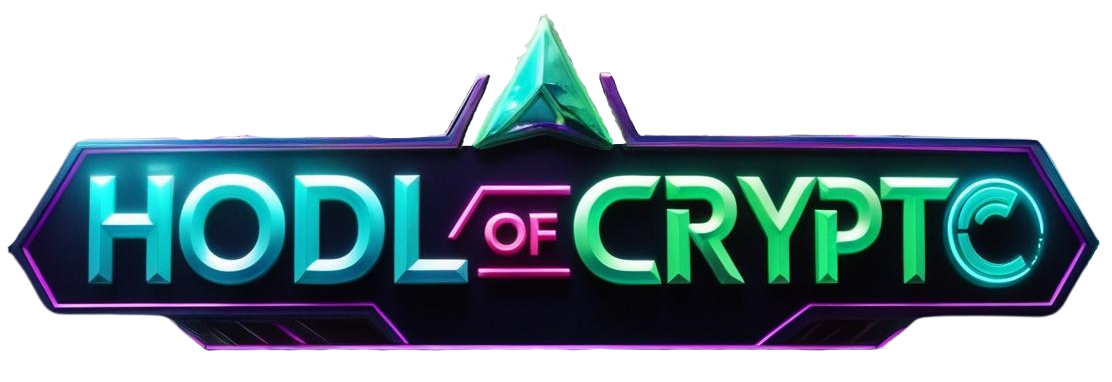Let’s say it plainly: the blockchain vs bitcoin debate isn’t just technical—it’s shaping how we think about the future of money, tech, even trust itself. But what if we keep confusing the two? It’s not just a harmless mix-up. It could actually derail innovation, slow down adoption, and warp public policy. So, let’s explore what might happen in that not-so-unlikely scenario…
What if blockchain only ever gets seen as “the tech behind bitcoin”?
If every mention of blockchain automatically brings bitcoin to mind, we’re already limiting the conversation. Blockchain, at its core, is a decentralized ledger—no coins, no trading screens, just a smart way to track stuff. Think supply chains, medical records, land titles…
But if people only associate it with crypto speculation? Big institutions might stay away. Regulators might crack down harder. And average users? They might never discover the real-world power of blockchain because, well, they assume it’s all about volatile tokens.


What if bitcoin becomes the “face” of blockchain forever?
Let’s be honest: bitcoin has the fame. The headlines, the drama, the moonshots—and the crashes. It’s exciting. But here’s the twist: blockchain vs bitcoin isn’t a contest, it’s a relationship. Bitcoin uses blockchain, but blockchain isn’t married to bitcoin.
So if bitcoin keeps dominating the narrative, the nuance disappears. New blockchains (like Ethereum, Solana, etc.) trying different things? Ignored. Governments exploring central bank digital currencies (CBDCs)? Misunderstood. The result? We stay stuck in a narrow view, forever seeing blockchain through a bitcoin-tinted lens.

What if startups pitch blockchain—but only mean “let’s launch a coin”?
This already happens, frankly. Some projects slap the term “blockchain” onto vague ideas and sprinkle in tokenomics, hoping investors bite. But if that becomes the default business model? We dilute the value of the entire space. Real-world blockchain applications—without a coin attached—might struggle to be taken seriously.
It’s like if every app had to launch its own currency just to exist. Sounds absurd, right? Yet that’s where we might land if we don’t draw a clear line between blockchain’s infrastructure and bitcoin’s role as a currency.

What if governments regulate the wrong thing?
Here’s a chilling one. If lawmakers conflate blockchain with crypto trading, they might target blockchain itself—imposing restrictions that stifle innovation. That could mean bans on smart contracts, limits on decentralized ID systems, or even shutting down public blockchains.
Maybe that sounds extreme… but some jurisdictions already flirt with such ideas. The point is, the misunderstanding isn’t academic—it could shape legal frameworks for years to come.

Conclusion: Clarity on blockchain vs bitcoin isn’t optional—it’s essential
So, back to reality—what if we keep mixing up blockchain vs bitcoin? We’d end up missing out on blockchain’s broader potential while putting too much weight on bitcoin’s boom-and-bust cycles. This isn’t about picking sides—it’s about understanding the roles. Bitcoin is a digital currency. Blockchain is a digital architecture. Knowing the difference might just be what lets us build smarter in the long run.
Relevant news: Blockchain vs Bitcoin: How to Understand the Difference Step-by-Step











